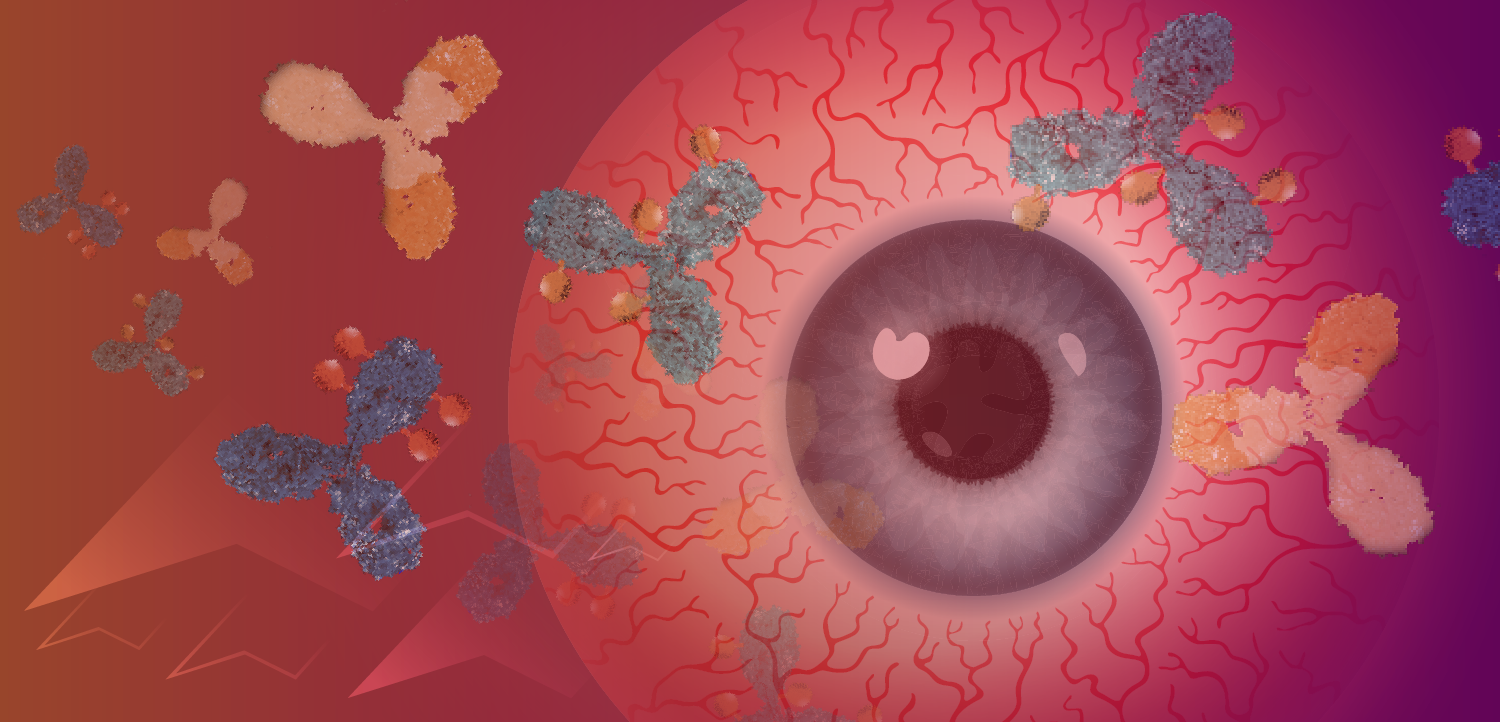
Nurses Are "On the Front Lines" for Patients Treated With Radium-223
Nurses are key when it comes to treating patients with prostate cancer who are being given radium-223.
When it comes to monitoring adverse events and educating patients on radium-223 for prostate cancer, nurses are "on the front lines" and a key part of the treatment team, according to Rana R. McKay, MD, assistant professor of medicine, UC San Diego Health.
Transcription
Our nurses are sort of the front lines with regards to triaging patient symptoms, triaging side effects related to different agents. This agent is given (intravenously) every 4 weeks. Some of the side effects can include some myelosuppression which is [when] the blood counts decline. There can be some (gastrointestinal) side effects, but in general it's actually a fairly well-tolerated agent. It's unlike chemotherapy. It does not cause profound neutropenia like other chemotherapy agents may cause.
At the front lines, thinking about symptom management, patients may call in with fatigue or fever. What are the right steps to take in checking the complete blood count (CBC), confirming their blood counts look OK. Have they become anemic? Are they neutropenic? Do I need to be concerned for neutropenic fever, I think those are the things that nurses at the front lines really shepherd. And I think some of the other questions that patients may have about receiving a liquid radiopharmaceutical... Generally the alpha particle has a very rapid decay and a very short halflife. There's a lot of concerns that get raised about bodily fluids and how to handle sweat or urination or things like that in the immediate 24 hours or several days post-radiation/radium-223 administration. There's a lot of education that happens around that for the patient and their family members, and a lot of times the nurses at the front lines are the ones who are doing a lot of that education.

















































































